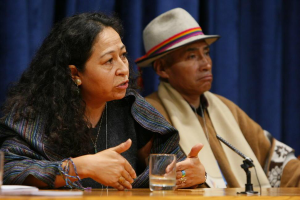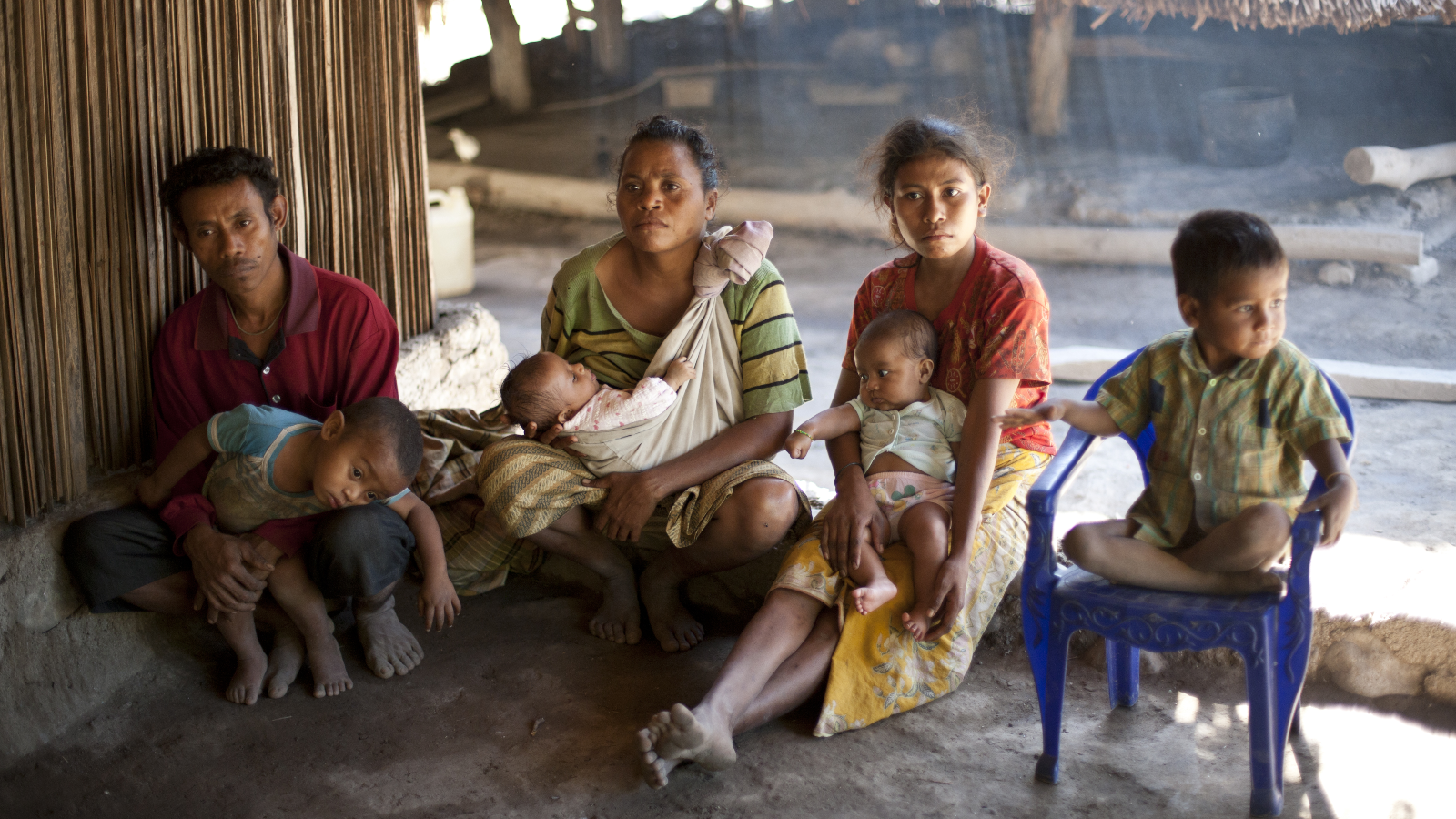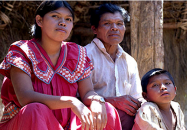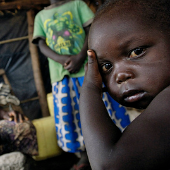Publications
Displaying 61 - 68 of 68
These nineteen Occasional Papers were published within the context of the preparation and observance of the International Year of the Family.
1/1992: "Family Matters"
2/1992: "Family: Forms and Functions"
3/1992: "Family and Crime"
4/1992: "Older Persons in the Family: Facets of Empowerment"
5/1993: "Family as an Environment: An Ecosystem Perspective on Family Life"
6/1993: "Partnership Families: Building the Smallest Democracy at the Heart of Society"
7/1993: "Family Leave: Changing Needs of the World's Workers"
8/1993: "Family Enrichment: Programmes to Foster Healthy Family Development"
9/1994: "The Intersection of Family, Gender and Economy in the Developing World"…
The experience of Latin American countries in the implementation of family policies is relatively recent. Compared to what has been achieved by most OECD countries in more than thirty years of designing, trying and evaluating policy instruments for families with children, the region is far behind. However, in recent years Latin America has been carrying out significant changes in the field of family policies. Also, academic research and public debate on policies for reducing poverty among families with children and for improving the balance between work and family is becoming stronger.
This paper systematizes the most salient aspects of the situation of Latin American and the Caribbean…
The 2030 Development Agenda sets out a universal plan of action to achieve sustainable development in a balanced manner and seeks to realize the human rights and well-being of all people. It calls for leaving no one behind and for ensuring that the Sustainable Development Goals (SDGs) are met for all segments of society, at all ages, with a particular focus on the most vulnerable, including children, women, older persons and persons with disabilities, as well as vulnerable families.
The Voluntary National Reviews (VNRs) are a central element of the follow-up and review mechanisms of the 2030 Agenda as set out in the 2015 Declaration. The framework is built around voluntary, participatory,…
The Policy Workshop was organized by the United Nations Department of Economic and Social Affairs and hosted by the Government of Namibia, National Planning Commission Secretariat. It was held at Windhoek, Namibia. The purpose of the workshop was to bring together representatives of governments and non-governmental organizations as well as academic experts and practitioners from various countries in southern Africa to discuss the impact of HIV/AIDS on families in the region.
Download Full Publication
6-10 October 1998 - Dublin,Ireland
Report
Background Paper
This paper systematizes the most salient aspects of the situation of Latin American and the Caribbean countries regarding family policies, with a clear purpose of contributing to a better understanding of what has been achieved in the last decade and, most importantly, what are the main challenges the region is facing. More specifically, the paper analyzes the main advances and limitations Latin America presents on the implementation of family‐ oriented anti‐poverty transfers including a detailed revision of the main results obtained so far.
Download Full Publication
Different perspectives on well-being and development conceptualise and measure poverty in different ways. This publication analyzes the persistence of poverty that is relatively higher in certain groups of people and types of households and families. In developing countries these include single parent households, particularly those headed by women; migrant families; families living in rural areas and urban slums; and households affected by HIV and AIDS.
Download Full Publication
As part of the preparations for and observance of the thirtieth anniversary of the International Year of the Family, the report is focused on the impact of climate change on the well-being of families, highlighting challenges relating to food and water scarcity, worsening physical and mental health, increased intrafamilial violence and child marriage.
 Welcome to the United Nations
Welcome to the United Nations




